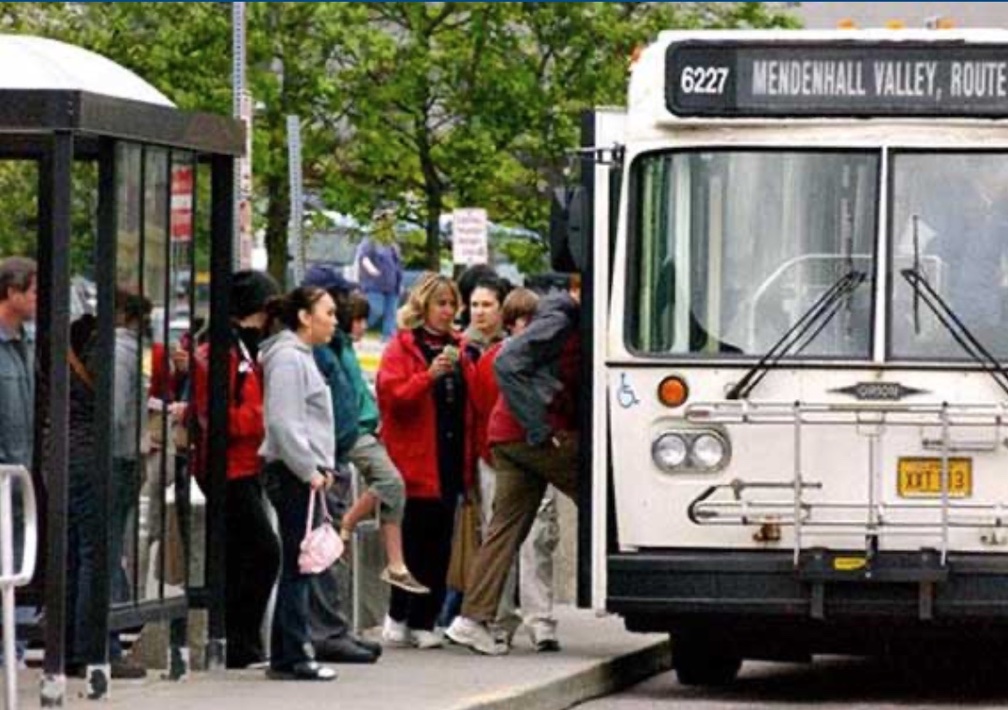Juneau’s Capital Transit, which premiered the first electric bus in the 49th state less than a year ago, has found the bus can’t run an entire route during cold weather. And Juneau has had a lot of cold weather this year.
Capital Transit operates a fleet of 18 buses, including 17 diesel Gillig buses and one Proterra electric bus. It also has six support vehicles, three of which are electric, said Katie Koester, Juneau’s Public Works and Engineering director.
Capital Transit purchased and put one electric bus into service in April 2021. The bus has had a number of mechanical problems requiring it to be removed from service several times.
Most recently it was out for an approximately 6-week period from around Thanksgiving to after New Year’s Day due to powertrain problems and wiring that was breaking.
“After three visits from the out of town Proterra field service tech, they figured out the problem was a powertrain wiring harness that had rubbed on the body of the bus causing some wires to break. Proterra could not supply a replacement wiring harness so the damaged harness had to be repaired to return the bus to service,” Koester wrote in a memo to the CBJ Public Works Committee.
In addition, there are several other issues that, while they don’t prevent the bus from operating, need to be resolved, including problems with windshield wiper motors, and water spray impairing visibility. But it’s the battery life that is the real problem, both summer and winter.
“The bus was expected to have a battery range of 210 miles which is roughly 10 hours on a bus route. In practice, the bus has only exhibited a range of 170 miles or 8 hours on a route during ideal summer weather conditions. During cooler fall weather the range was reduced to 150 miles or 6 hours on route and approximately 120 miles (or 5 hours) in January,” she wrote.
That means the electric bus has to be plugged in before it can complete a full 8-hour shift. It also has a wider turning radius, so cannot work all of the routes in Juneau.
“We will be watching closely to see how much mileage the bus gets during the rest of the winter. Lastly, the rest of the Capital Transit bus fleet is comprised of 35 foot diesel buses manufactured by Gillig. The 40 foot Proterra bus cannot run all of the existing routes due to both limited range as well as a wider turn radius. Therefore, the electric bus mostly runs the Commuter Routes between the Valley and Downtown and is unable to service Douglas,” she wrote. Douglas is the island to the south of Juneau, where many people live who take the bus to work.
Capital Transit’s fleet drives 54,725 miles per month. In the last 10 years, Capital Transit has provided over 11. million rides. Ridership decreased due to Covid‐19, lack of seasonal workers, and fewer capital city visitors, but the use of public transportation is on the rise again, Koester noted.
The Proterra bus was purchased using funding from the a federal grant for low-emissions upgrades in public transportation, along with matching funds from the Volkswagen Settlement Fund.
According to a study by the nonprofit Center for Transportation and the Environment and its university partners, a change of ambient temperature from 50-60°F to 22-32°F might result in a 38 percent decrease in the range of all-electric buses. A summary of the study is at this link.
